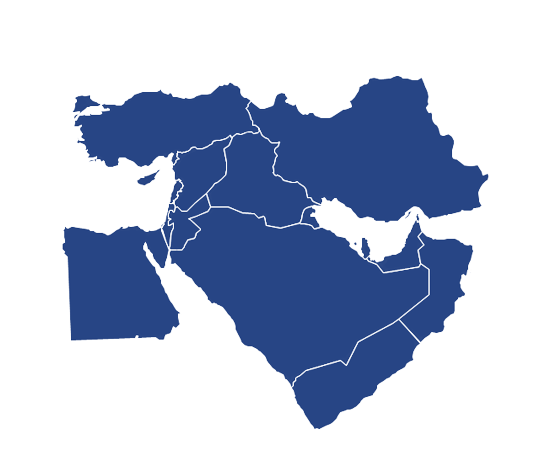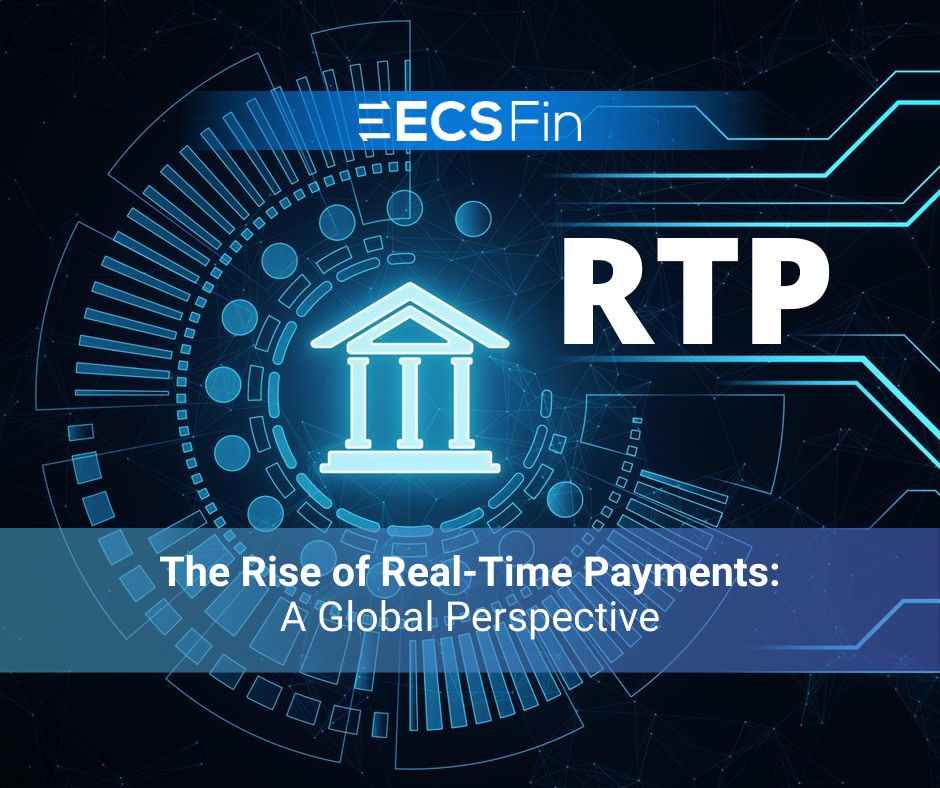Blog
The growth of Payment Hub in Middle East
The Middle East has the potential to become a major payment hub in the near future. The region has a rapidly growing population and a strong economy, and there is a high demand for electronic payment solutions. There are certain challenges while establishing a payment hub like regulatory environment and compliance requirements being different in different countries.
Trends that benefit the growth of Payment Hub
Mobile Payments
Increased adoption of mobile and digital payments, as more consumers in the region are using their smartphones and other mobile devices to make transactions.
Digital wallets
Use of digital wallets and e-wallets, which are becoming more common in the Middle East as they offer a convenient and secure way to store and use money.
P2P Payments
Social media payments and P2P payments are also gaining popularity in the region, with platforms like WhatsApp and Facebook allowing users to send and receive money through their messaging apps.
Blockchain
The use of blockchain and cryptocurrency is also on the rise in the Middle East. Blockchain technology has the potential to improve the speed, security, and efficiency of instant payments, and many countries in the region are exploring its use in their payment systems.
Instant Payments
Finally, the rise of instant payments in the Middle East is also driven by the need for faster and more secure transactions, as well as the growing demand for e-commerce and online payments.
Additionally, many countries in the Middle East are investing in the development of their financial infrastructure which has led to a rise in adoption of new technologies.

ECS Fin, a SWIFT partner, provides financial industry specific solutions. It focuses on real-time and instant payments, which are becoming more prevalent globally, and are also being explored in the Middle East. ECS Fin also provides ISO 20022 migration services to help banks and institutions comply with new standardization and automation requirements for delivering cost-effective financial products and real-time services.



